7 dietitian-approved weight loss hacks that actually work
There’s no cheat-sheet to weight loss, but these dietitian-approved weight loss hacks can actually make a difference
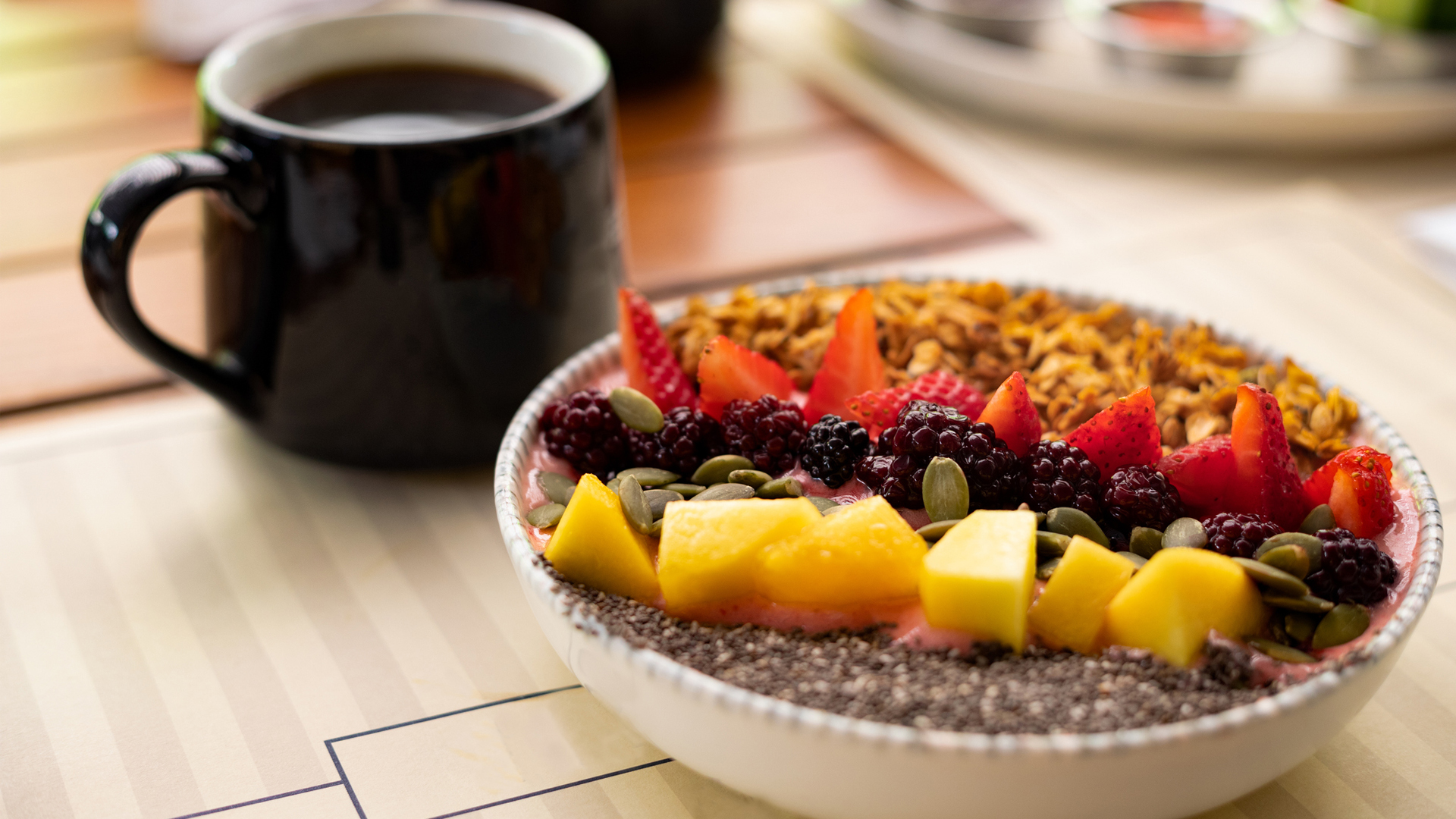

With so many supposed weight loss hacks on the internet, television and social media, it can be hard to have a healthy relationship with our weight. Some will say that fat or carbs are the energy, while others will push fad diets or ‘weight loss foods’. Let’s be clear; you can’t actually ‘hack’ your way to weight loss in these ways, at least not healthily.
In order to achieve healthy and sustainable weight loss, small changes to our lifestyles are key, like incorporating the best protein powders for weight loss into your diet. From the way that we treat our relationship with sleep, down to ensuring we're not removing entire food groups from our diet.
Healthy, dietician-approved tips are the way forward. To unpack what really works, we spoke with Reema Patel, registered dietitian and nutritionist for Dietitian Fit & Co, for the best ways to help you on your healthy and sustainable journey to weight loss.
1. Look at increasing your fiber intake
“A diet high in fiber can help to keep you fuller for longer and increase overall satiety levels,” says Patel. This is because fiber takes time to move through our digestive system, slowing down the absorption of nutrients and helping with fullness. It will also therefore help with controlling blood sugar levels and preventing spikes and crashes.

Reema Patel is a registered dietitian and member of the Health & Care Professions Council and the British Dietetic Association in the U.K. She holds a Bachelor of Science in Nutrition & Dietetics from the University of Surrey, and a Master of Science in Sports and Exercise Nutrition from Loughborough University.
Patel further explains how fiber also feeds the healthy bacteria in our gut, which can have an impact on weight and blood sugar control.
Ideally, we want to be consuming around 30g of fiber a day. But for those who don’t already have this level of fiber intake, be sure to introduce more fiber gradually. Great sources of fiber include plenty of fruits and vegetables, grains and pulses, as well as nuts and seeds.
2. Be sure to plan your meals, and prep ahead
“If you take the time to plan your meals ahead of the working week, writing a shopping list and prepping some elements to meals, this will help you not only with maintaining healthy habits in the long term, but also saving money,” says Patel. This way, you can ensure that you always have the food you need to be eating in the house, and feel more prepared about cooking.
Get the Fit&Well Newsletter
Start your week with achievable workout ideas, health tips and wellbeing advice in your inbox.
Patel suggests boiling a batch of eggs to have as a quick breakfast or snack, cutting up your vegetables so that they can be easily roasted in the week, or marinating some meat and fish to speed up time in the kitchen when preparing dinner.

3. Get in the habit of practicing mindful eating
The idea of mindful eating allows us to be fully present and aware of our food and eating and explore how it makes our body feel when we eat. Patel recommends that before even eating, you should take a moment to notice the food – how does it smell, what are the sensations you are getting? Then, take your time to enjoy the experience of eating, slowly with no distractions, to fully appreciate the food.
This way, you’ll notice your body and emotions change and feel different whilst eating. “This can make enjoying foods that you crave more manageable, with slightly smaller portions but feeling fully satisfied after having them mindfully,” adds Patel.
4. Prioritize a good sleeping routine
Sleep has so much to do with our overall health — from our skin down to our weight. If you find that you have short night sleeps or struggle with energy in the day, it could be worth trying to improve your sleep hygiene.
Patel recommends trying to reduce screen times an hour before sleep, instead doing other things that relax you such as reading or another hobby like scrapbooking or knitting. “Try to go to sleep and wake up at regular times each day, even on weekends, to get into a routine,” she says.
Studies show that if you do not get enough sleep, you may be more likely to snack the next day or reach for higher energy dense foods to provide you with a boost to get you through the day. You may also be less inclined to cook healthy meals or exercise, which all impacts on your health overall.

5. Try to manage your comfort eating
Relationships with comfort eating can be difficult. But if we find that after a long or stressful day, we reach for food as a comfort, this can have a negative impact overtime on health and weight.
“It’s not that comfort eating is bad,” explains Patel, “but, it’s important to find other ways to really help us to feel better. When we think about it, eating for comfort can help in the moment, but often it is very short lasting and we are left wanting more.”
Food can be a temporary fix but looking deeper into what other ways you may find helpful to manage stress or help with your mood will be more important for your wellbeing in the long term.
6. Focus on eating quality carbohydrates, not removing them
Instead of cutting carbs from the diet, focus on the quality and type of carbohydrates consumed.
“Carbohydrates are important to help provide us with our main source of energy, in the form of glucose. However, there is a difference in the types of carbohydrates, and how they can influence weight,” explains Patel.
Try to opt for unprocessed whole grains, fruits, vegetables, beans and pulses, and reduce your intake of refined carbohydrates, such as white bread or pastas, and pastries. Unprocessed carbohydrates are often higher in fiber, with a lower glycaemic index. This can help with improving blood sugar control and helping regulate appetite levels, which can play a role in reducing risk of developing type 2 diabetes.
Read more about good carbs vs bad carbs at Fit&Well.
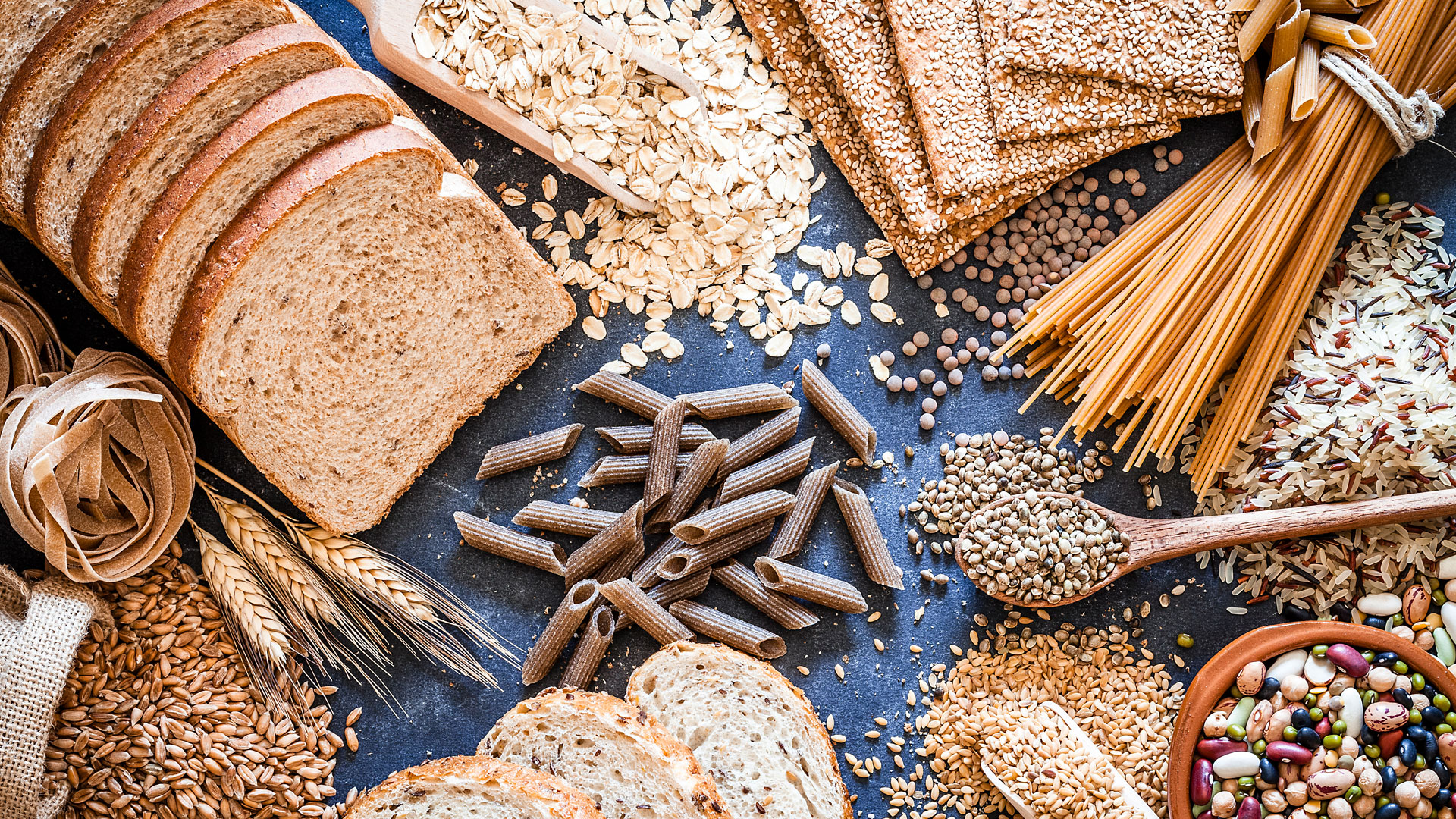
7. Be sure to consume good quality protein sources
There are some many benefits of protein. “When we consume protein, this requires more energy by the body to digest and absorb, which is beneficial for helping with weight loss,” says Patel. So, it’s important to get a good level of protein in each meal — this could be animal protein, including chicken, red meat, fish, eggs or dairy, but can also include vegetarian protein such as beans, lentils and soy products like tofu.
This is especially helpful if you are exercising regularly, as a diet higher in protein will help to facilitate muscle maintenance and muscle growth.

Mollie is a lifestyle journalist who regularly contributes to publications including Insider, Cosmopolitan, The Metro, Healthline, HelloGiggles, Reviewed, HuffPost, Independent, and Fabulous, amongst others. Particularly, Mollie covers health and beauty. Basset Hounds are Mollie's favourite things on the earth - she has her own named Olive. Mollie loves anything with too much sugar in, the color yellow, pop culture, and musical theatre.
-
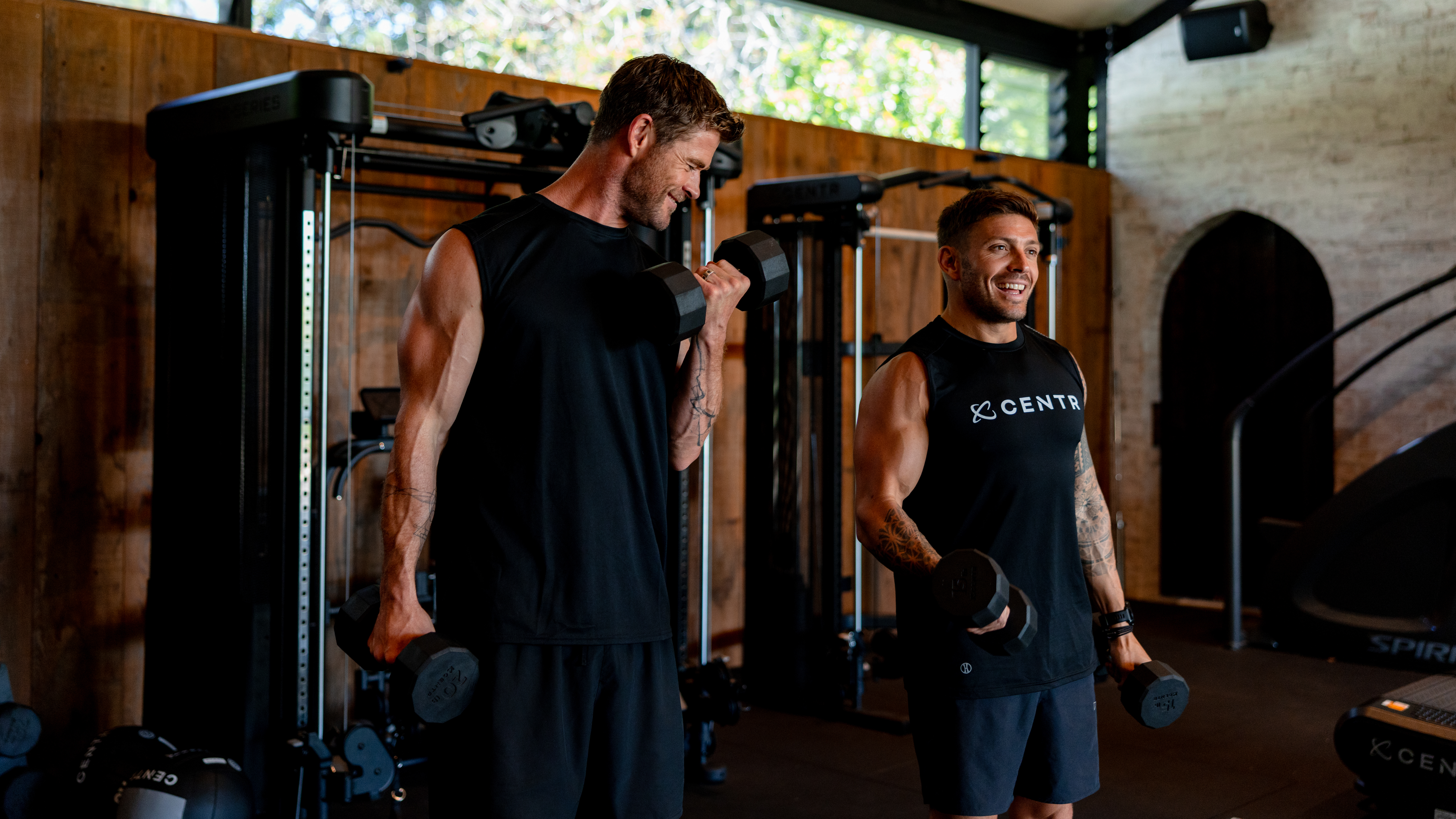 Build blockbuster arms and abs with Chris Hemsworth's go-to dumbbell circuit
Build blockbuster arms and abs with Chris Hemsworth's go-to dumbbell circuitAll you need are adjustable dumbbells and 20 minutes
By Sam Rider Published
-
 Forget crunches—if I wanted to improve core strength I'd do this neck-friendly Pilates workout
Forget crunches—if I wanted to improve core strength I'd do this neck-friendly Pilates workoutAnd it takes just five minutes
By Maddy Biddulph Published
-
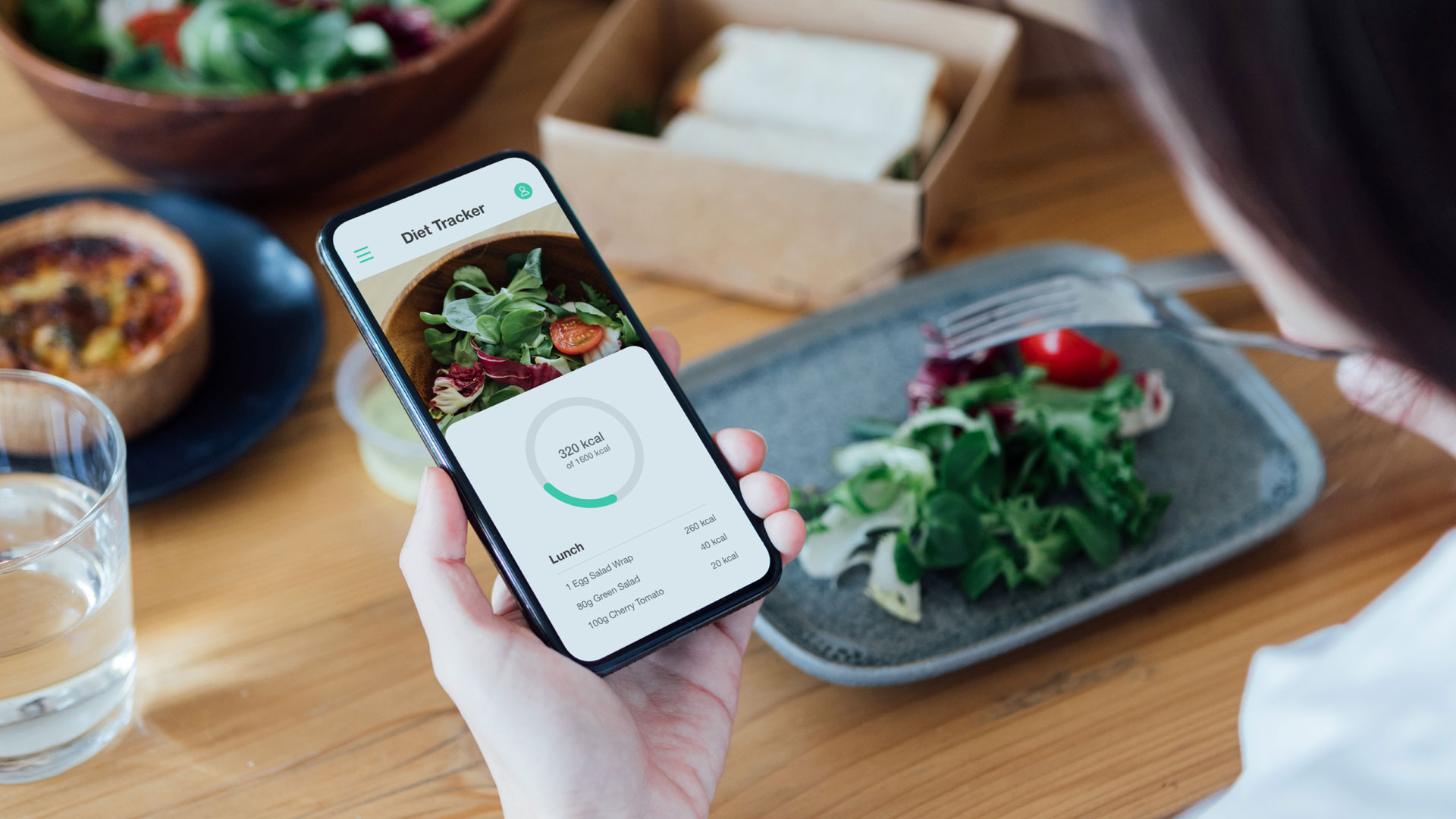 Six weight loss myths debunked by a nutritionist
Six weight loss myths debunked by a nutritionistWeight loss Can any of these weight loss myths actually help you to lose weight?
By Anna Gora Published
-
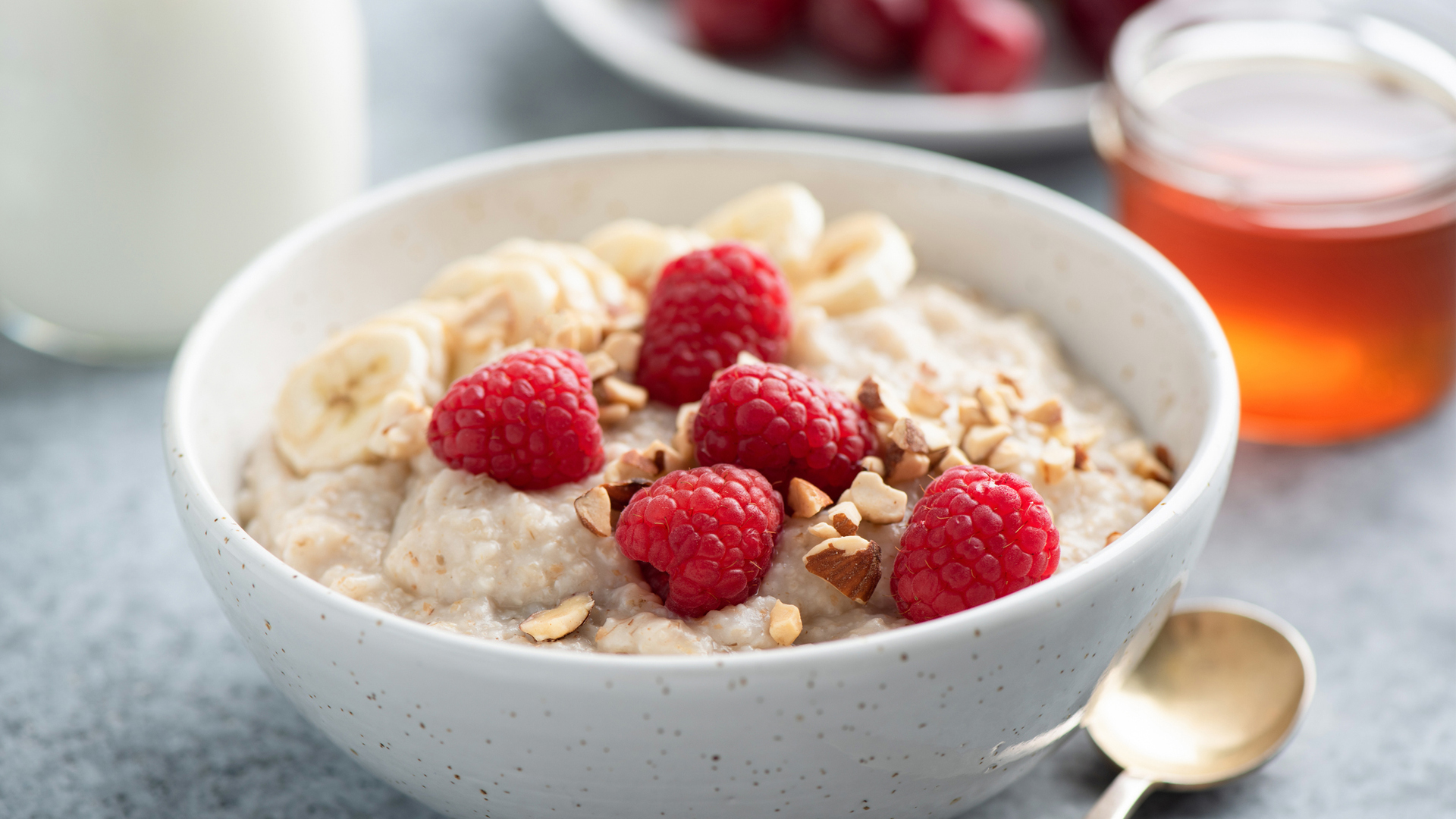 How to lose weight without counting calories
How to lose weight without counting caloriesWeight loss Finding a weight loss method that suits your lifestyle can be difficult. Here’s how to lose weight without counting calories, according to a dietician
By Alice Porter Published
-
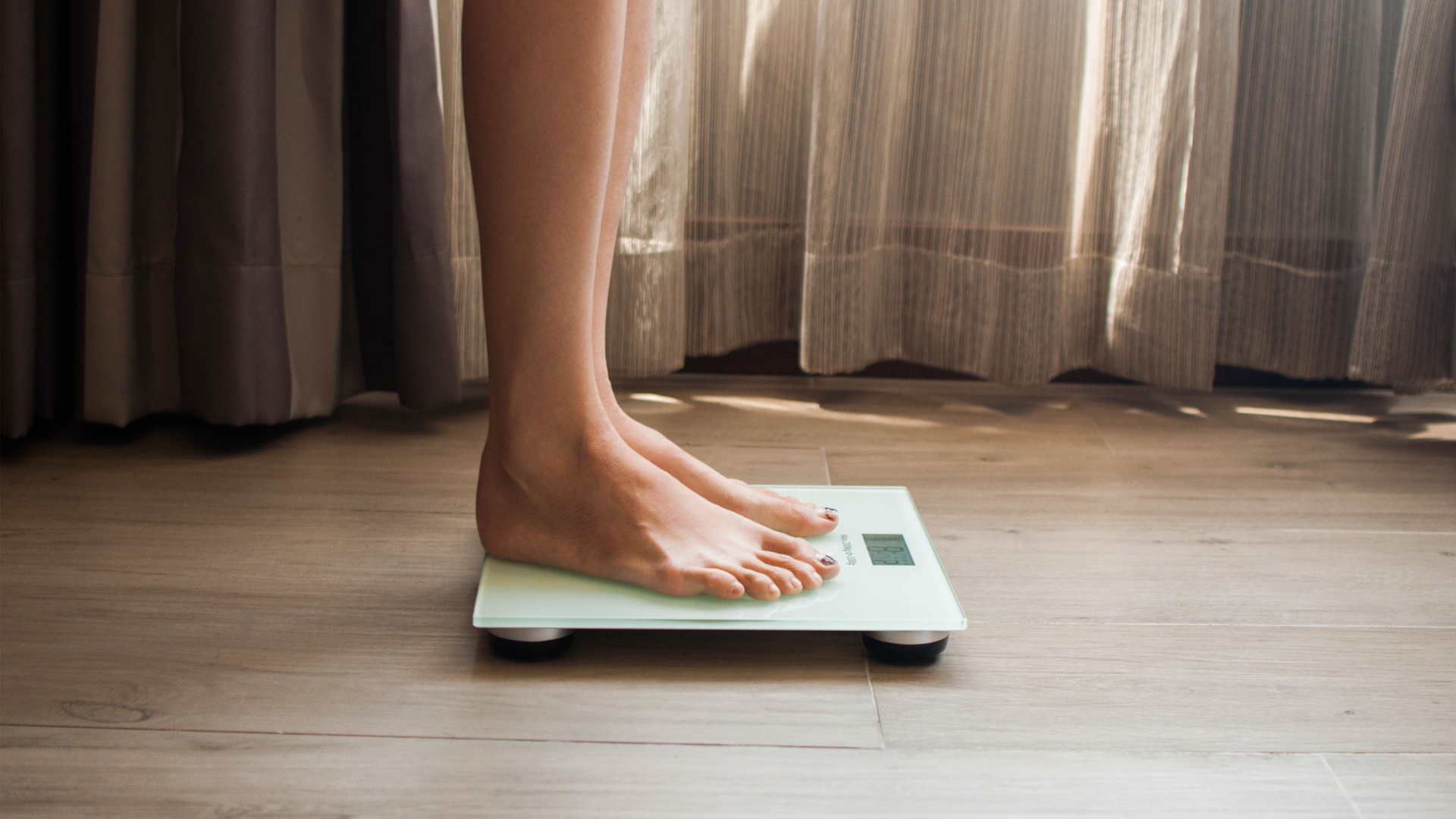 How long does it take to lose weight?
How long does it take to lose weight?Weight Loss Weight loss is personal — but how long does it take to lose weight on average? We asked a dietician to explain
By Alice Porter Published
-
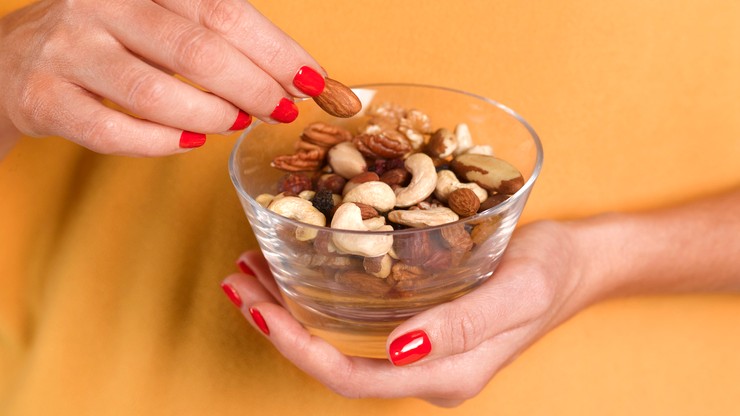 Seven nutrition myths busted – including why snacking isn’t bad for you
Seven nutrition myths busted – including why snacking isn’t bad for youNutrition Eating well can be tricky without knowing the facts about how nutrition works. Here are some nutrition myths that you might have believed until now
By Alice Porter Published
-
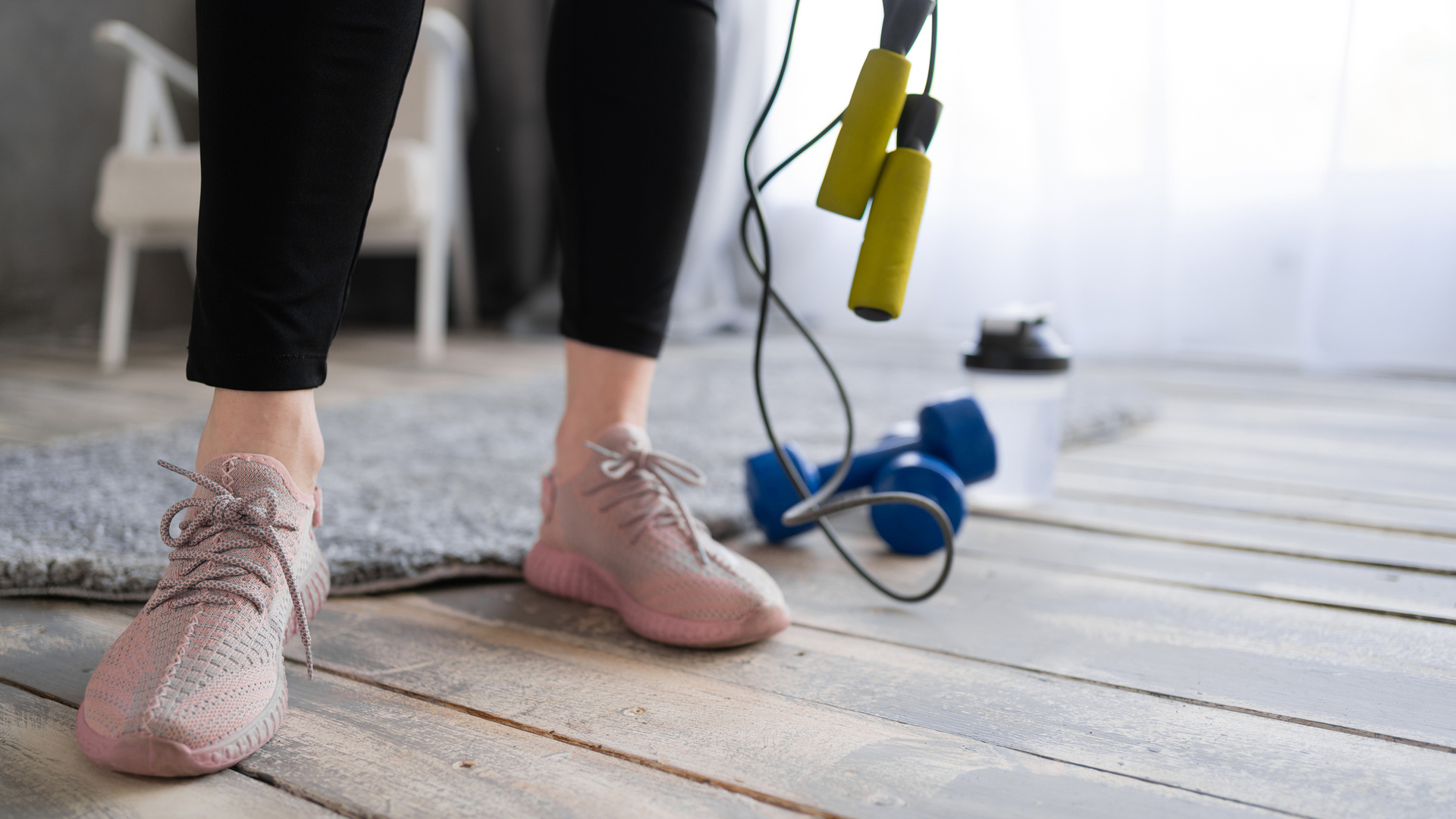 Eight reasons you can’t lose weight – and what to do about it
Eight reasons you can’t lose weight – and what to do about ithow to Sticking to a diet plan but still can’t lose weight? Here are eight things that could be preventing you from seeing changes to your body
By Alice Porter Published
-
 The most common weight loss mistakes and how to avoid them
The most common weight loss mistakes and how to avoid themhow to Struggling to shed those extra pounds? You may be making these weight loss mistakes
By Meg Walters Published
-
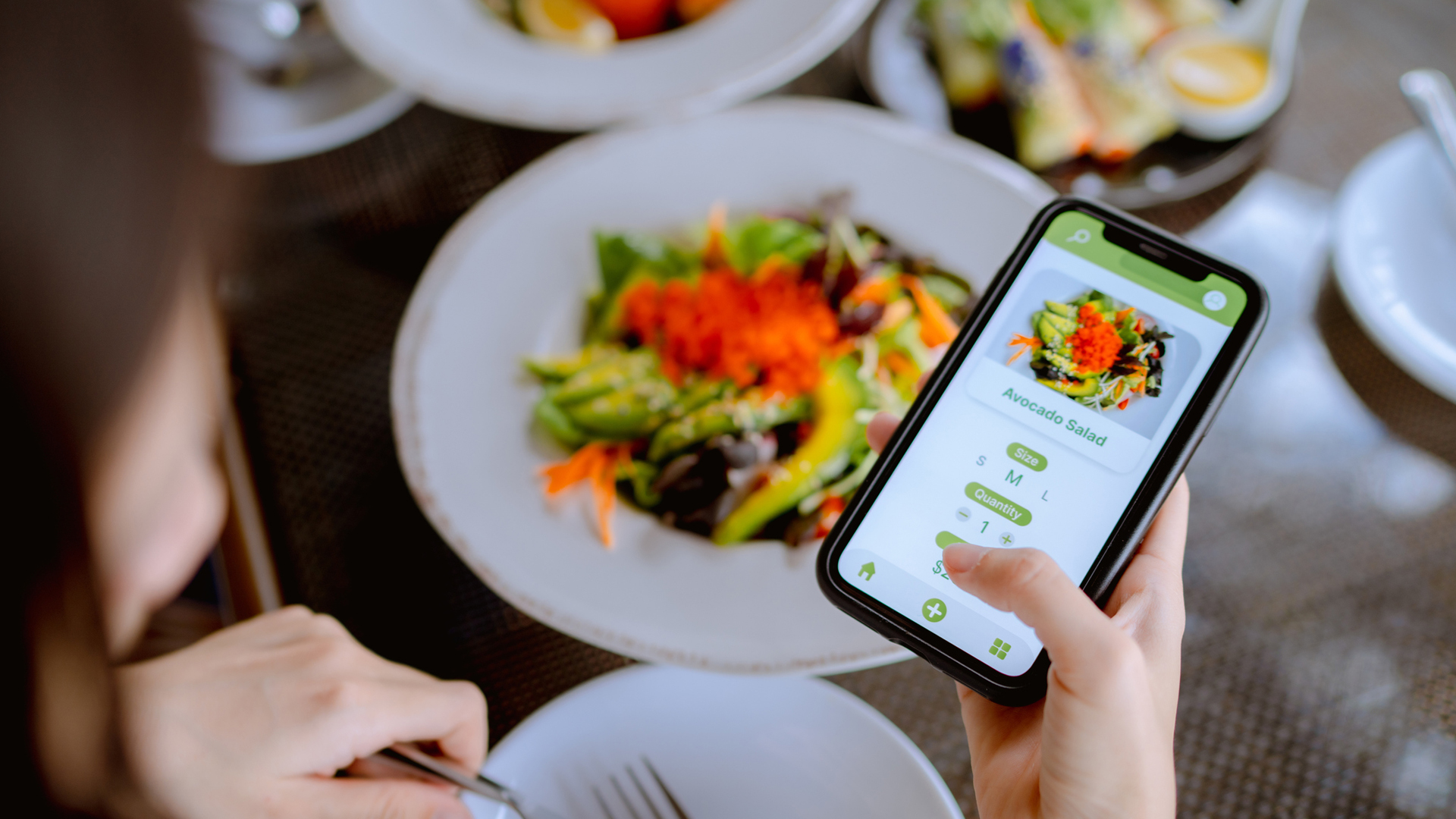 How to calculate macros for weight loss
How to calculate macros for weight lossNutrition Our expert gives us the lowdown on how to calculate macros for weight loss
By Lucy Gornall Published
-
 Does drinking water help you lose weight?
Does drinking water help you lose weight?Weight loss Does drinking water help you lose weight? We look at the facts and the links between hydration and weight management
By Lou Mudge Published